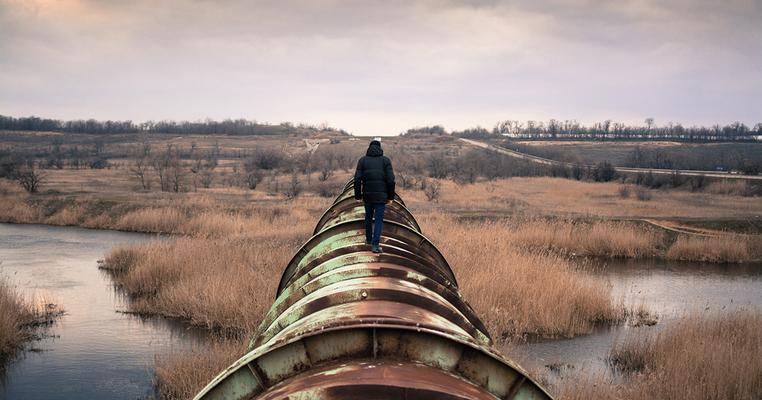
Frontline Communities Are Taking Action in Minnesota
Equitable and durable climate solutions demand that everyone has access to clean air and water, affordable clean energy, and job opportunities in the new green economy.
Across the country, historically marginalized communities – indigenous peoples, low-income families, and communities of color – too often live in the shadows of polluting facilities or congested freeways that poison their air.
The Line 3 Pipeline is no exception. The proposed crude oil pipeline would cross northern Minnesota near reservation lands and through some of the state’s cleanest waters – including 211 waterways and 78 linear miles of wetlands – and has potential to contaminate the headwaters of the Mississippi River.
Tribal Governments Are Standing Up For Climate Action
Despite these challenges, frontline and indigenous communities are leading the way for climate justice.
Resistance to the pipeline has included packed public hearings, as well as rallies and protests along the route and in Minneapolis-St. Paul. Dozens of opponents have been given citations and arrested for direct actions at sites along its route.
Grassroots indigenous activists and their allies have launched legal challenges to try to stop the pipeline and ensure tribal communities can protect their traditions and rituals and decide their own energy futures.
At the same time, Minnesota tribes are pursuing clean energy generation opportunities on their treaty lands and developing climate adaptation plans.

